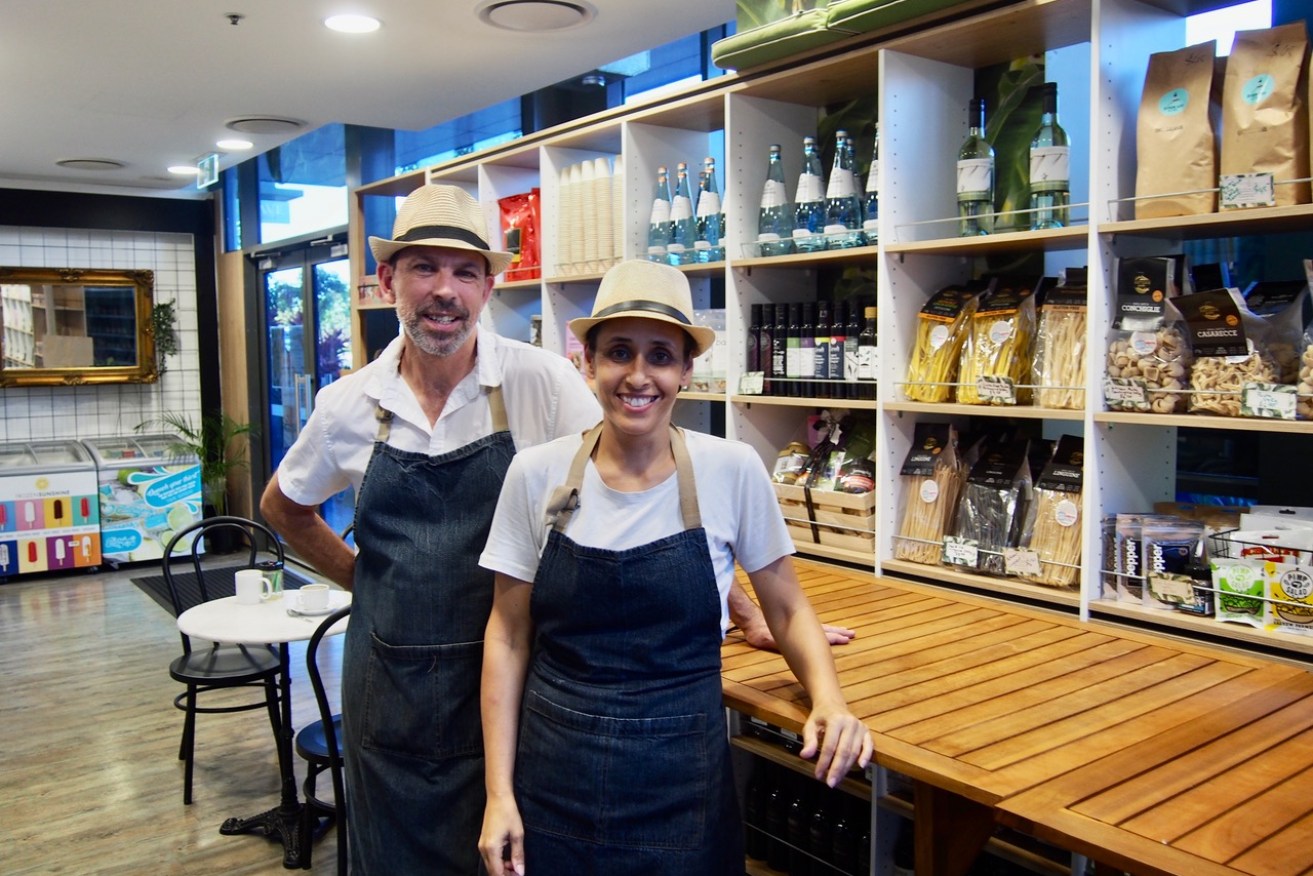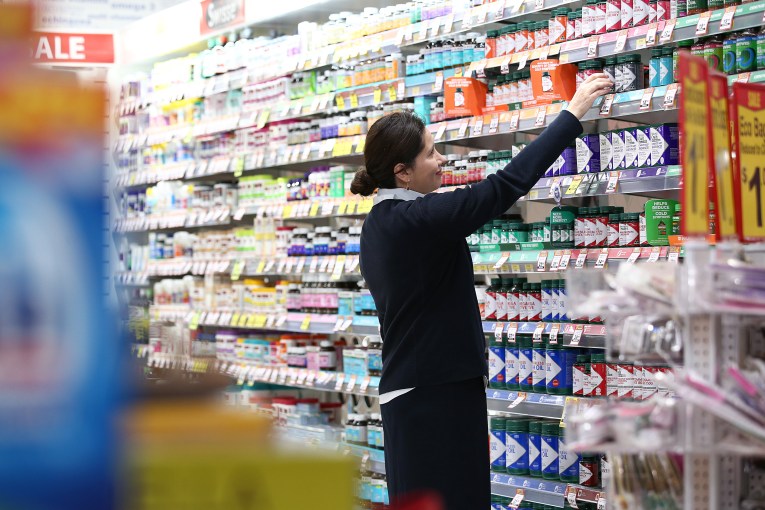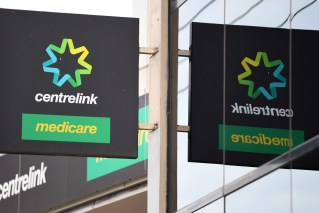Turning the corner: How a small business’ fortunes came full circle
You’ve got to keep coming up with good ideas to keep your business alive during the pandemic. Just ask Greg Bakx and Jenny Conlon, who’d just spent three years bedding down their local grocery store when COVID-19 struck, writes Robert MacDonald


Greg Bakx and Jenny Conlon of Pantry 360.
Greg Bakx and Jenny Conlon knew about “pivoting” and being “nimble” long before the experts found the language to describe pandemic survival strategies.
They’d just spent three years of long, six-day weeks bedding down their dream business, a neighbourhood grocery store and cafe serving and selling only local produce, when COVID-19 arrived in Brisbane in January.
Jenny and Greg, veterans of a fast-paced, four-seating a night, theatre-district restaurant in Melbourne, opened Pantry 360, in a ground-floor corner site of an apartment block in Newstead, with a calmer idea – selling and serving produce and wine sourced within a 360km radius.
From the earliest days, they were tweaking their concept to keep the cash coming in.
“We probably came up with too many ideas at first. Let’s do this, let’s try that,” Jenny says, describing their endless efforts to find a winning formula.
For a while, they offered full table service, evening meals, and then, Friday night tapas. But numbers were too unpredictable.
They also built up a catering business.
Things were heading in the right direction but then, says Greg, “I don’t know if it was coronavirus-influenced, but we noticed a change right after Christmas”.
By early January, they’d had three weeks of significant downturns and their local producers, some of them exporters, were reporting problems.
Catering demand also slowed and soon dwindled to nothing.
“We knew something wasn’t quite right and we started to prepare for it,” Greg says.
“We could also see what was happening in Italy and in America, where it was going berserk,” Jenny says.
They had to find yet more ways to boost revenue and cut costs.
They abandoned their Monday-to-Friday breakfast and lunches and switched to a take-away only menu.
Their two staff had, fortunately, already made plans to move on, which meant, “we didn’t have to have hard talks with anyone,” Greg says.
By the time the first lockdowns started, they were ready.
“It was really just a matter of clicking a switch and going into that mode when it did happen.”
Coffee and comfort food became their new focus. Jenny began making three batches of chocolate chip cookies a week. Soups and savoury minces became big sellers.
“There was definitely a period when wine was very prominent,” Greg says.
And then they came up with what seemed like one of their best ideas yet.
Why not offer room service meals to the hundreds of residents in the apartments above them, just an elevator ride away?
“It went really well and when it was going strong, I thought, this is the business model, located at the bottom of an apartment block and offering room service,” Greg says.
But it didn’t last long.
“As soon as restrictions lifted, it just died, immediately,” Greg says.
“So, I was wrong again.”
And, so, once again, they had to come up with new ideas.
A few weeks back Greg and Jenny launched a small, Tuesday morning farmers’ market, and soon after, a Friday evening seafood market and oyster bar.
Both seem to be going gangbusters.
Greg and Jenny happily admit they haven’t survived on their own.
They praise the support provided by both the state and federal governments and say the Chamber of Commerce and Industry Queensland, which they recently joined, has done a great job keeping them updated on available support and COVID-19 safety requirements.
Their landlord also came to the party with rent concessions.
Their accounting software provider quickly developed new programs to meet their reporting requirements for the various government support packages they’d accessed, including JobKeeper, which Jenny is able to claim.
They were also able to get a $10,000 grant from the Queensland Government, which they have used to cover utilities costs.
There has been some late nights filling in of the forms, but as Jenny says, “If you go in for any grant especially if they’re giving you ten grand, you’ve got to meet their criteria.”
Greg and Jenny haven’t finished pivoting and being nimble.
They’re in the process of relaunching and rebranding Pantry 360 as Newstead Providore, “a hub for all things local”, offering not only local produce but also handicrafts, gifts and kitchenware.
“That’s not just for us,” Greg says.
“It’s for the consumer, because there are some people who don’t think anything’s changed and when they come back, they want the Pantry 360 they went to before.
“But they’re not going to get it unfortunately. Our business model has completely changed.”
For the better, Greg and Jenny believe. This is what they always wanted, a little, community hub, offering locally made products to the neighbourhood.
Many thousands of other small business owners across Queensland will have stories not dissimilar to Jenny’s and Greg’s but for me, theirs is personal.
My wife and I live in the apartment block above their store and were overseas in March when the borders started shutting down.
We scuttled home for a fortnight of self-isolation, just days before compulsory hotel detention came into force, and started thinking about the logistics of feeding ourselves.
A Pantry 360 email arrived. Would we like room service? Yes, of course. Their meals became a highlight of our lockdown.
I tried to book the other day for one of the sit-down tables available for their Friday night oyster bar.
“Sorry,” I was told. “We’re booked out, for the next couple of weeks.”
Good on them.












